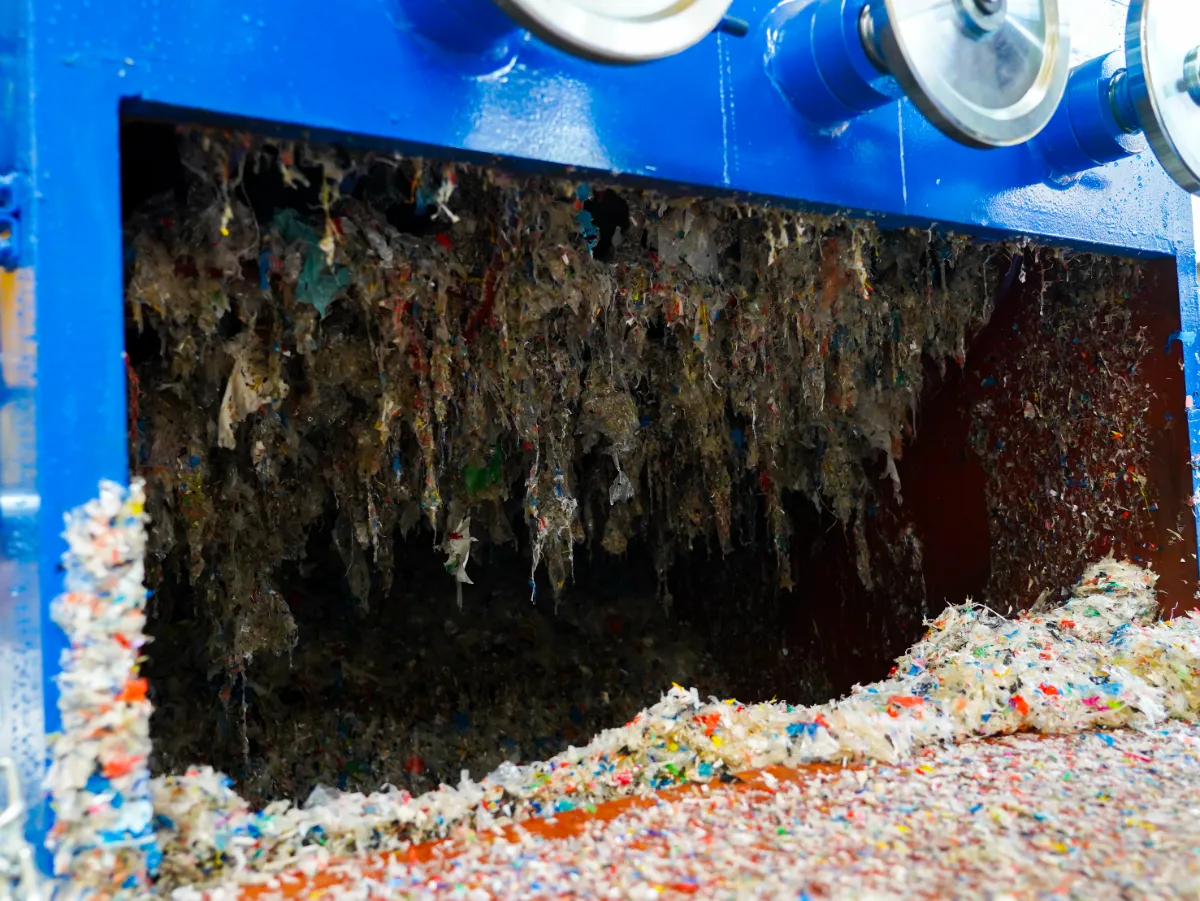In the quest to combat plastic waste, investing in a plastic recycling machine represents a significant step forward for businesses and environmental initiatives alike. However, with the myriad of options available, selecting the right machine can feel like navigating through a labyrinth. The plastic recycling machine price, while a pivotal factor, is just one aspect to consider in the grand scheme. This guide aims to streamline your decision-making process, ensuring that your investment not only meets your recycling needs but also aligns with your budgetary constraints.
Contents
- 1 Assess Your Recycling Requirements
- 2 Understanding Plastic Recycling Machine Prices
- 3 Balancing Cost with Quality
- 4 Seeking Value-Adding Features
- 5 Leveraging Government Incentives
- 6 Conclusion
- 7 Frequently Asked Questions (FAQs)
- 7.1 What factors should I consider when choosing a plastic recycling machine?
- 7.2 How does the capacity of a plastic recycling machine affect its price?
- 7.3 Are there any incentives for investing in plastic recycling machines?
- 7.4 Can investing in a higher-priced plastic recycling machine save money in the long run?
- 7.5 How do I balance the initial cost of a plastic recycling machine with its long-term benefits?
- 7.6 INQUIRIES
Assess Your Recycling Requirements
Before diving into the market, it’s crucial to understand your specific recycling needs. Consider the types of plastic materials you’ll be processing, the volume of plastic waste, and your desired output. These factors will significantly influence the type of recycling machine that’s best for your operation.
Understanding Plastic Recycling Machine Prices
The price of plastic recycling machines can vary widely. Basic models may cost a few thousand dollars, while more sophisticated systems can reach hundreds of thousands. Several factors contribute to this variance:
- Capacity and Output: Machines designed for higher volumes of plastic waste and output typically command higher prices.
- Technology and Features: Advanced features, such as automation, energy efficiency, and improved safety mechanisms, can also elevate the price.
- Brand and Quality: Well-known brands and machines known for their durability and efficiency might be more expensive upfront but can offer greater reliability and lower long-term costs.
Balancing Cost with Quality
While the plastic recycling machine price is a critical consideration, it’s essential to balance cost with quality and the machine’s long-term benefits. Investing in a cheaper machine might save money initially but could lead to higher maintenance costs, lower efficiency, and shorter lifespan. Conversely, a more expensive machine with advanced technology and higher efficiency can offer better returns on investment through lower operational costs and higher-quality recycled products.
Seeking Value-Adding Features
Look for machines that offer features adding significant value to your recycling process. This might include energy-efficient designs, ease of maintenance, and versatility in processing different types of plastics. While such features might increase the initial plastic recycling machine price, they can also enhance operational efficiency and product quality, providing better value for money in the long run.
Leveraging Government Incentives
Investigate government incentives available for recycling initiatives. Tax breaks, grants, and subsidies can significantly reduce the net cost of your investment, making a higher-quality machine more affordable.
Conclusion
Choosing the right plastic recycling machine is a complex decision that goes beyond just the price. By understanding your needs, evaluating the total cost of ownership, and considering the long-term benefits and potential government incentives, you can make a more informed choice. The right investment can not only enhance your recycling capabilities but also contribute to a more sustainable future.
Remember, the plastic recycling machine price reflects not just the cost of the machine itself but also the potential for a greener planet and a more profitable business model.
This article is structured to be SEO-friendly by integrating the keyword “plastic recycling machine price” throughout, providing valuable information to those looking to invest in recycling technology. When publishing, consider enhancing the article with relevant links to product pages, case studies, or government incentive information to further boost its value and SEO performance.
Frequently Asked Questions (FAQs)
What factors should I consider when choosing a plastic recycling machine?
When selecting a plastic recycling machine, consider factors such as the types of plastics you’ll be recycling, the volume of material, the machine’s capacity, technology and features, brand reputation, and overall quality relative to the plastic recycling machine price.
How does the capacity of a plastic recycling machine affect its price?
Generally, machines capable of processing larger volumes of plastic waste are more expensive due to their larger size, higher output, and more advanced technology.
Are there any incentives for investing in plastic recycling machines?
Yes, many governments offer tax incentives, grants, and subsidies to encourage recycling efforts, which can help offset the initial investment costs of purchasing a recycling machine.
Can investing in a higher-priced plastic recycling machine save money in the long run?
Investing in a higher-quality, more efficient machine can lead to significant savings over time through reduced operational costs, lower maintenance expenses, and higher-quality recycled products, which can offset the initial higher plastic recycling machine price.
How do I balance the initial cost of a plastic recycling machine with its long-term benefits?
Consider the total cost of ownership, including purchase price, operational and maintenance costs, potential revenue from recycled products, and savings on waste disposal. Evaluate how the machine’s features and efficiency contribute to long-term profitability and sustainability goals.
INQUIRIES
To get the latest prices and lead times, send us a message using the form below.




